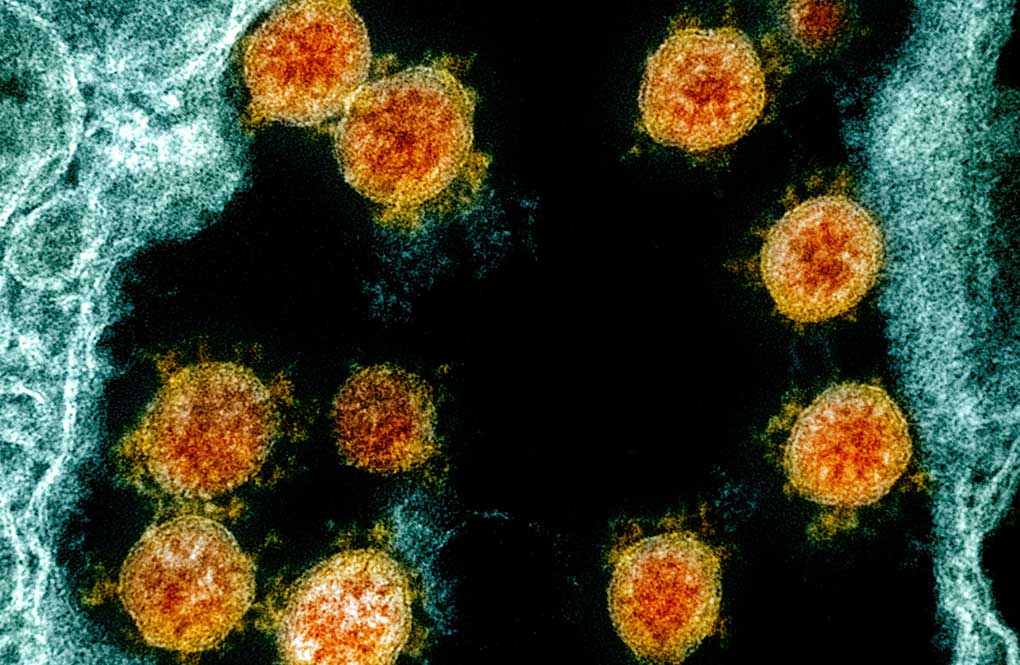Evasive new Omicron variants are fuelling a rise in COVID-19 cases and hospitalisations in Australia, but experts say it is too early to know if they cause more severe disease.
Australia posted 41,866 new cases and 35 deaths on Friday – the third day in a row of 40,000-plus daily infections – as the BA.4 and BA.5 strains overtake the BA.2 sub-lineage as the dominant Omicron variants.
The number of people hospitalised with the virus has risen to 3977, up by more than 1000 in the past fortnight.
Deakin University epidemiology chair Catherine Bennett said it was difficult to determine how transmissible the new variants were compared to previous strains due to waning vaccine immunity and differing levels of prior infection.
The new strains had made everyone “fair game” for either infection or reinfection, but hospitalisations were unlikely to reach levels seen during the initial Omicron wave, she said.
Preliminary research from Japan has indicated the variants could replicate more efficiently in the lungs than BA.2, and Prof Bennett said this could lead to an increase in lower respiratory tract and secondary infections.
“It’s not like saying that’s going to increase our death rate, but it could as secondary infections become harder to manage,” she said.
Increasing cases have led to calls from some experts to reintroduce indoor mask mandates in an attempt to curb transmission, a measure state health officials have also discussed.
However, Prof Bennett said she did not believe compulsory mask-wearing should be reintroduced and instead encouraged authorities to re-engage with the COVID-fatigued community with targeted public health messages.
Based on her analysis of NSW data, she said the current risk of encountering an infectious person in a public place was somewhere between one in 25 and 50.
“It just makes you think, ‘I’m in a store and it’s probably got 25 people in it … I’m putting a mask on so I don’t give it to anybody else and I don’t get it from them’,” she said.
From Monday, Australians over 30 will be able to get a fourth vaccine dose – or second booster – after the Australian Technical Advisory Group on Immunisation expanded eligibility amid the case spike.
(AAP)













